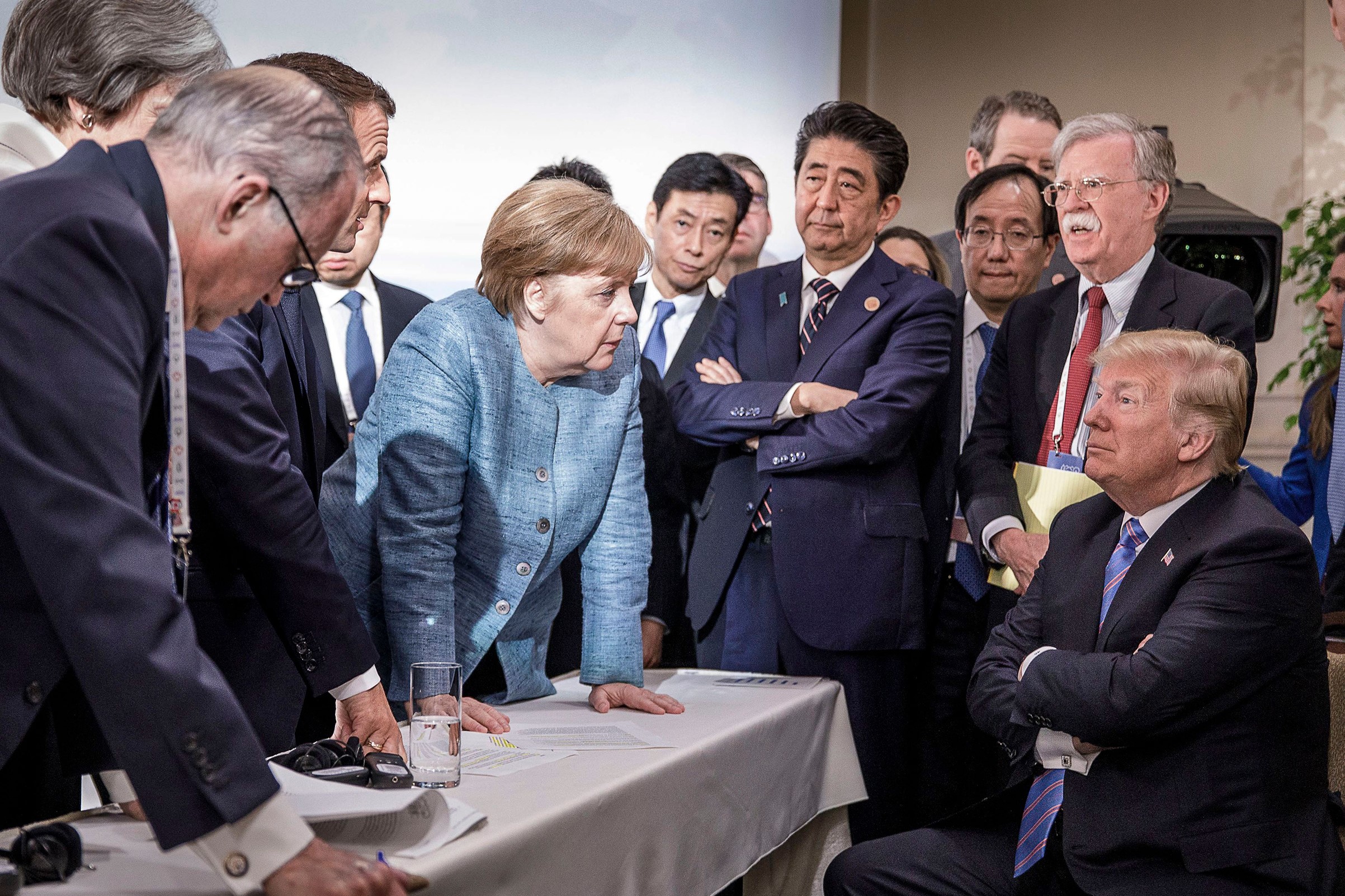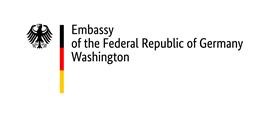Click here for the recording of the livestream of this event which occurred on April 2, 2019:

Hopes and Fears in International Relations: An Open Forum Discussion. With Guests Captains Kristin Brinckman and Carl-Philipp Jürgens of the Armed Forces (Bundeswehr) of the Federal Republic of Germany.
April 2, 4:00-5:00 in Hub 145 (University of Florida International Center Large Conference Room)
Livestream Link: https://mediasite.video.ufl.edu/Mediasite/Play/6e1800ebd8674d21b9d38915dba795d41d
Starting point for this discussion is the western liberal democratic world order put in place at the end of WWII based on strong transatlantic alliances among nations aspiring to be politically free and economically prosperous and interconnected by these values rather than continuously separated and traumatized by the ravages of war (as had been the case in Europe for centuries). The United Nations, NATO, and the European Union all grew out of and are connected in different ways to these shared aspirations.
The Fall of the Berlin Wall in 1989 was generally seen as an affirmation of liberal democratic values and their associated political and economic aspirations. Yet with the upcoming 30th anniversary of the Fall of the Wall on November 9, 2019, these values and aspirations seem to be in question as perhaps never before since WWII.
Against this backdrop, hopes and fears along with the associated possibilities and dangers of the current moment will be discussed in this Open Forum Discussion with questions and comments invited from all participants.
Possible topics are the future of the United Nations, the EU, NATO, transatlantic relationships, possible futures of warfare (cyber, space), historic topics, post-Cold-War era (i.e. post Fall of the Wall), counter terrorism, migration and immigration, defense policy, etc.
Questions from participants on site and online are invited.
Supported by the Embassy of the Federal Republic of Germany, the University of Florida International Center, and the Department of Languages, Literatures, and Cultures.


Livestream and recording by the Sustainable Online Network for Global-Cultural Studies.





Discussion
Do you have any comments about this topic? Fill out the form below to join the discussion.
Comments
Going off of what Captain Jurgen's said regarding perspective that German soldiers gain in their training. Is there currently or is there a way to incorporate this type of training/outlook in military training of all? Additionally, I think this perspective and understanding is needed more in solving the current problems of international and domestic social relations. Is there a way to help the public gain perspective?
April 26, 2020
After watching this Open Forum, I felt I had been given a new perspective on our world. It is easy to become engulfed in the American View of the world, as we are known for our military spending and involvement in the world. Germany on the other hand, because of its history tends to be a little more hesitant when it comes to involving itself in other countries' affairs. I'd be curious to know what a German or a German Military official personally thinks of the U.S's involvement in many other countries and whether or not they agree with our countries choices? I enjoyed learning about the role of the German military as well, and some of the missions they are completing currently, especially in terms of refugees which is such a relevant topic currently. I knew the importance of NATO, but as the two speakers said, it feels more important now than ever for countries to come together and work towards a collective goal, whether this is Climate Change, or dealing with issues in the world. I'm thankful for the speakers who came all the way from Germany, to provide us with an opportunity to hear a different perspective from a country that we share close relations with.
April 26, 2020
Hello!
My questions are:
1. How do you think these agreements, for example, NATO, will change since the presence of nuclear weapons?
2. Will the EU cut down on military presence, and if so, what will this money go to?
Thank you!
December 5, 2021
My question piggy backs off the cyber security question. As we move into an age where all information is accessible online, how will the transatlantic relationships discussed use their power to keep our online presence safe? Where is the line drawn between benefitting ones own country or looking out for the greater good of the world's safety?
December 5, 2021
I found the Hopes and Fears in International Relations Forum highly informative and educative. As Americans in our current political climate, it is often easy to forget other perspectives and views that others have both in our own country and outside our bubble of the U.S. I was also interested in the impact and prevalence that Cyber Security has had over the last 2 decades. As a result of our evolving culture and society, new technology are popping up that ultimately affect and impact the nature of our politics, military, and our day to day life. I think that the biggest question we as America have is to what extent should we as a military power involve ourselves in developing countries. As we have witnessed in the past, Americans involving ourselves in foreign affairs has tended to have drastic consequences for these developing countries that we were attempting to aid. To what extent should we involve ourselves if at all in regards to these fairly new countries?
December 5, 2021
Hello Captains Jurgen and Brinckman,
Firstly I would like to start by saying thank you for coming to UF and having this discussion about international relations. It was very interesting to hear about issues from a non-American perspective, which is the lens that things are usually presented in. I learned a lot about the German military and also the German way of thinking through listening to the two of you. It was also nice to have two speakers because you both were able to add something a little bit different, based on personal experience, to each answer you gave. I wonder now have either of you seen changes in the dynamics of global relationships? As the COVID-19 pandemic has taken over the world I know it has changed things and I am curious to what extent global communication has been affected. I’m sure the differences in responses and messaging are hot topics of discussion. Once again, thank you for taking the time to speak here at UF. I really enjoyed it and learned a lot.
Arianna
December 5, 2021
I really enjoyed how the speakers brought their own live experiences and shared with the audience about their struggles.
I specifically liked the emphasis captain Jurgen put when stating how lucky people exercising certain professions are without even realizing, as they do not have to worry about seeing the horrors of war.
The comment made by Captain Brinckman about how community jobs are important as they give back to society, placing both military and nonmilitary community jobs under the same light, was also a fine addition to the seminar.
December 9, 2022